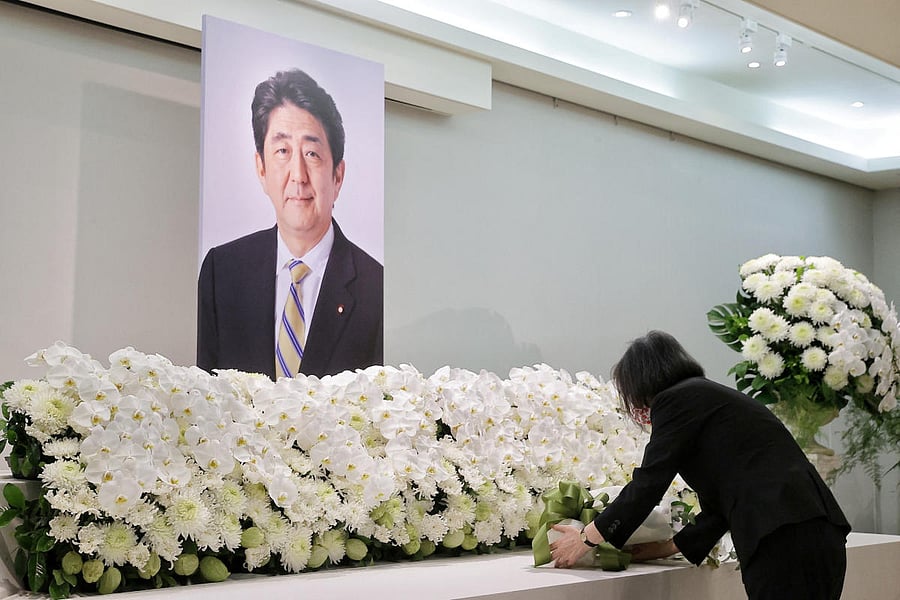
The assassination of former Japanese Prime Minister Shinzo Abe last week shocked the world. Japan is widely regarded as a safe country. Unlike the US, it has tight gun control laws that are well-enforced. Acts of political violence are rare in Japan; the last major attack in Japan was in 1995 when the Aum Shinrikyo cult released sarin gas in Tokyo’s subways. Abe’s assassination will, therefore, have a major impact on the psyche of the Japanese people. In a country where prime ministerial tenures often end in a matter of months, Abe will be remembered for the stability he gave Japan. He was Japan’s longest-serving Prime Minister; his second term lasted six years and was brought to an end by illness. A Japanese nationalist, some of Abe’s actions at home were controversial. He was at the forefront of the effort to revise Japan’s pacifist constitution and to change the post-World War II defence-only orientation and restrictions on its military. His visits to the Yakasuni shrine, a memorial to Japan’s war dead, including convicted war criminals, won him applause from hardline nationalists at home but it ruffled feathers in China and South Korea, which bore the brunt of Japan’s war crimes during WWII. This will remain a blot on Abe’s legacy.
Abe has left behind a formidable imprint on the regional and global security architecture. He was among the leaders who recognised by the early 2000s the threat that a rising China posed to the Indo-Pacific region. Realising that Japan on its own would not be able to meet the Chinese threat, he prioritised regional efforts. It resulted in Japan, the US, Australia and India coming together to form the Quad. Commitment to the Quad from the four member countries has waxed and waned over the years but Abe was its strongest champion.
Abe played a key role in strengthening India-Japanese relations. Economic ties grew rapidly during his years at the helm. Not only did his efforts result in putting back on track relations that were derailed by India’s nuclear tests in 1998 but it also saw India’s influence spreading beyond the Indian Ocean to the Pacific Ocean. Abe recognised the key role that India would play in countering Chinese hegemony in the Indo-Pacific and spoke about it in his speech to Parliament during his visit to India in 2007. Under Abe’s leadership, Japan’s interest in India expanded beyond investment and technology to include cooperation in nuclear energy, defence and security as well. With his death, an important era in India-Japan relations has ended.
